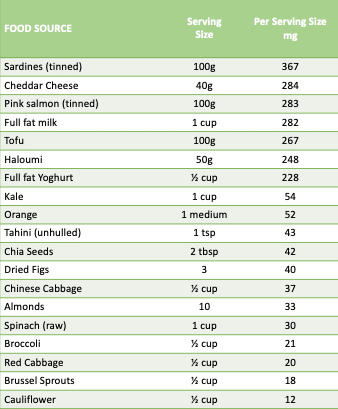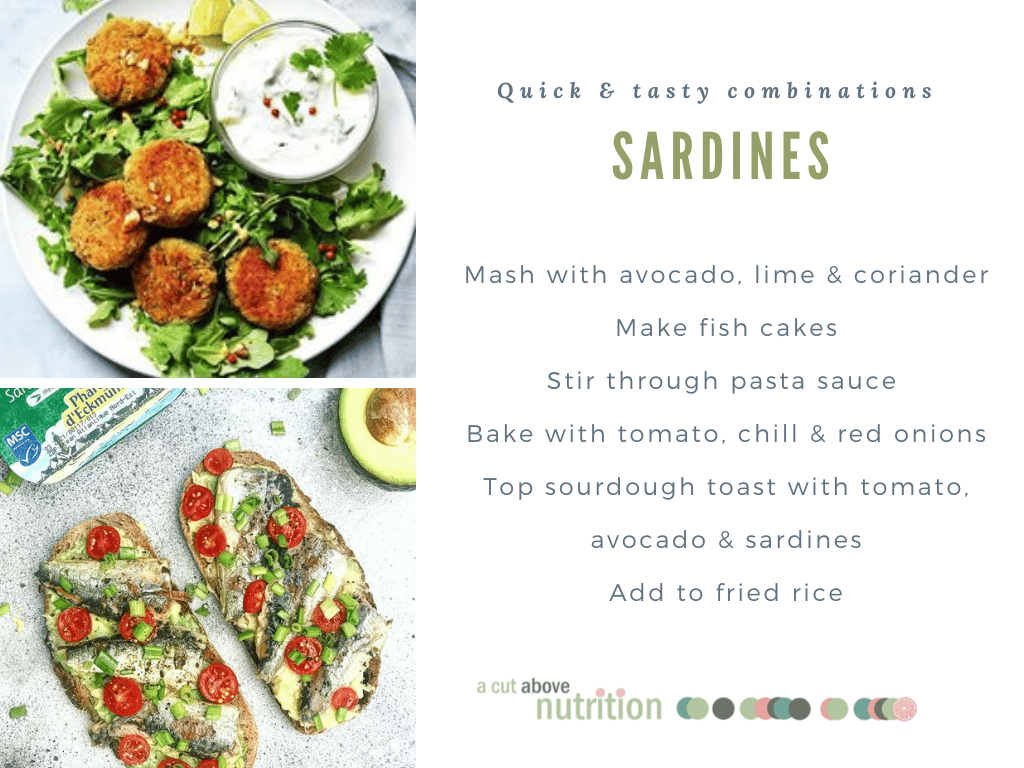Do you avoid dairy due to lactose intolerance, or you find dairy gives you digestive issues? If so, it's important to be aware of non-dairy sources of calcium and evaluate if you're getting enough calcium each day. Why? Calcium is needed for so much more than just healthy bones and teeth.
Calcium also plays a vital role in:
- Muscle contraction. This includes skeletal muscles to get us moving as well as heart muscles that regulate our heart beat.
- Cardiovascular health. Calcium helps blood vessels contract and relax, and is needed to maintain healthy blood pressure.
- Blood clotting. Calcium is a cofactor for a number of enzymes involved in the formation of clots to stop bleeding.
What happens when we don't have enough calcium in our diet?
99% of calcium is stored in bones and teeth and 1% is found in the blood and fluid surrounding cells. Calcium in the blood is maintained within a very narrow range. The effects of calcium are so vital to life that a dip in calcium blood levels will result in calcium being drawn from your bones.
How much calcium do we need?
MEN
19-70 years 1000mg/day
>70 years 1300mg/day
>50 years 1300mg/day
We know calcium can be found in dairy but what about non-dairy sources? You can find calcium in:
- Fish - sardines, salmon, mackerel, herring
- Dark green vegetables - kale, spinach, broccoli
- Fruit - oranges, figs
- Nuts - almonds
- Seeds - chia, sesame
Amount of calcium in foods

Quick and easy ways to enjoy sardines

- Add kale to salads. Try our Kale, Orange & Avocado Salad.
- Broccoli, Quinoa & Almond Tabbouli . Add tinned salmon for an extra calcium boost.
- Chia pudding topped with yoghurt and almonds.
I hope these tips make your healthy eating a little easier and tastier :)
Wendy
Nutritionist & Caterer
0403 861 117
[email protected]
www.acutabovenutrition.com.au





